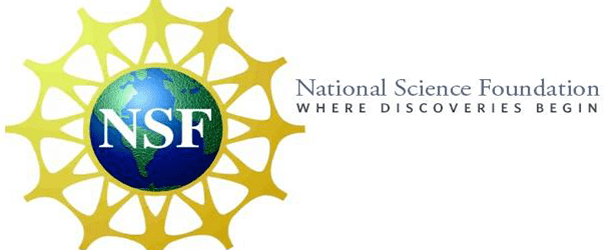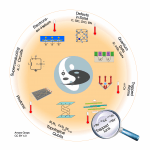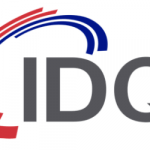NSF Grants: Expanding Capacity in Quantum Information Science and Engineering (ExpandQISE)

(NSF.gov) NSF’s “Expanding Capacity in Quantum Information Science and Engineering (ExpandQISE) program aims to increase research capacity and broaden participation in Quantum Information Science and Engineering (QISE) and related disciplines through the creation of a diversified investment portfolio in research and education that will lead to scientific and engineering breakthroughs, while securing a talent pipeline in a field where workforce needs of industry, government and academia continue to outgrow the available talent.
The ExpandQISE program is designed to help (i) build capacity and infrastructure such as laboratories, people, training, local support, and critical mass across eligible US Institutions of Higher Education who want to engage significantly in QISE, (ii) increase competitiveness of research faculty and the institution in future funding calls and opportunities, and (iii) leverage the readiness for involvement of local research and education communities in building up the capability. For the lead role, the program is open to eligible institutions that either do not currently have faculty members engaged in QISE research to any notable extent and to those institutions that may have a minor level of engagement in QISE but are intending to increase the existing footprint in the area, as described in the eligibility criterion. For the collaborative role, supported through a sub-award from the lead institution, the program is open to all eligible US Institutions of Higher Education.
IQT-News here publishes an overview of this funding opportunity that applies to Institutions of Higher Education that in the most recent five calendar years before publication of this solicitation received not more than $5,000,000 total in federal funding for QISE research as described in Focus areas 1, 2, and 3, in Section II “Program Description” of this solicitation.
The ExpandQISE program helps build and maintain a close connection between new efforts and existing impactful work done at the existing QISE Centers or leading QISE research Institutions, while creating and nurturing necessary critical mass at Institutions not yet fully involved in QISE. In keeping with the NSF goal of increasing the participation of all members of society in the scientific enterprise, institutions at which more than 50% of enrolled students come from groups that are currently under-represented in the sciences, e.g. minority-serving institutions (MSIs), are especially encouraged to apply.
The Estimated Number of Awards: 50 to 60
Anticipated Funding Amount: $20,000,000
For Proposals Submitted Via Grants.gov:
Before using Grants.gov for the first time, each organization must register to create an institutional profile. Once registered, the applicant’s organization can then apply for any federal grant on the Grants.gov website. Comprehensive information about using Grants.gov is available on the Grants.gov Applicant Resources webpage: https://www.grants.gov/web/grants/applicants.html. In addition, the NSF Grants.gov Application Guide (see link in Section V.A) provides instructions regarding the technical preparation of proposals via Grants.gov. For Grants.gov user support, contact the Grants.gov Contact Center at 1-800-518-4726 or by email: support@grants.gov. The Grants.gov Contact Center answers general technical questions related to the use of Grants.gov. Specific questions related to this program solicitation should be referred to the NSF program staff contact(s) listed in Section VIII of this solicitation.
Submitting the Proposal: Once all documents have been completed, the Authorized Organizational Representative (AOR) must submit the application to Grants.gov and verify the desired funding opportunity and agency to which the application is submitted. The AOR must then sign and submit the application to Grants.gov. The completed application will be transferred to the NSF FastLane system for further processing.



















